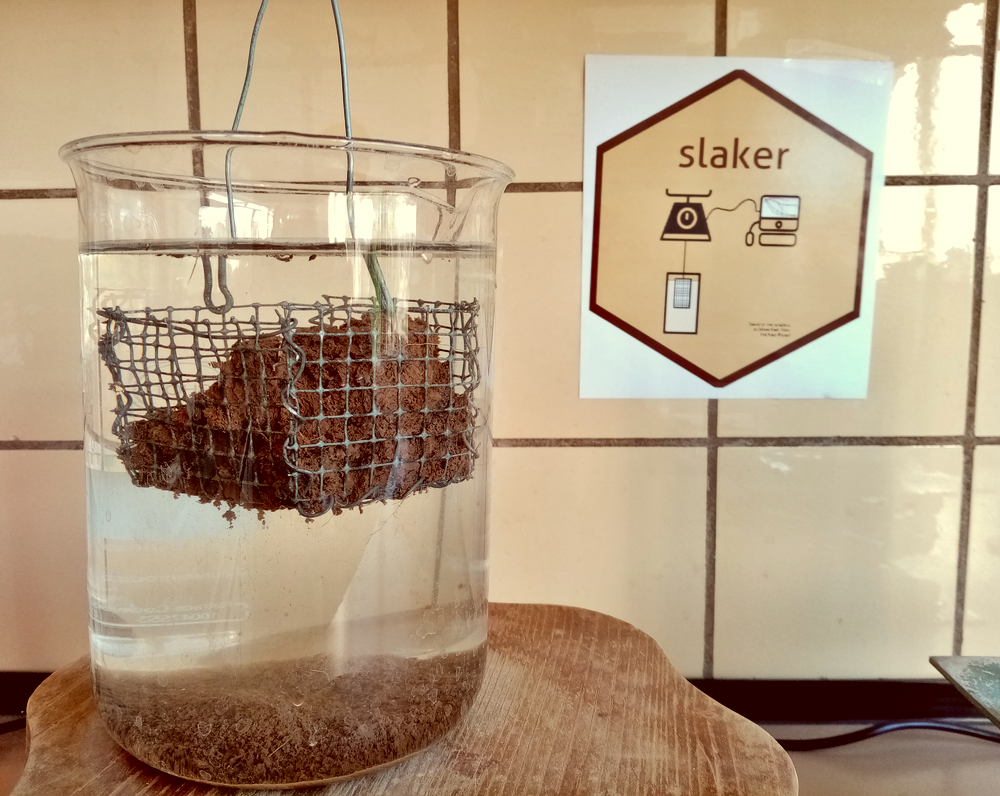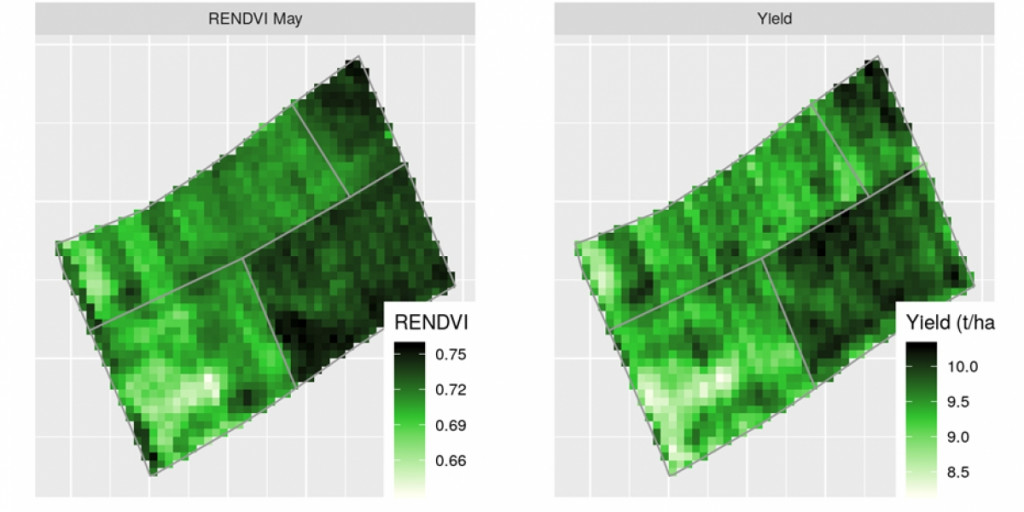In the large-scale arable farming systems of Wallonia, erosion and mudslides are commonly caused by intense precipitation events. These events are influenced by various environmental factors, such as the intensity and duration of precipitation, the condition of the crops, the slope and length of the plot, over which farmers have little control. On the other hand, the structural stability of agricultural soils, which is another factor to be taken into consideration, is directly influenced by practices in farming systems.
In the PIRAT project, the CRA-W has refined a new pragmatic method of quantitatively assessing the structural stability of soils. The QuantiSlakeTest is a disintegration test carried out on a soil sample under water. It is based on a test typically presented at public events: the Slake Test. The sample is continuously weighed and the values plotted on a curve which reflects the progression of the disintegration. Summary indicators can then be calculated from this.
Since 2017, our innovative approach has been applied across a variety of contrasting situations, ranging from the controlled conditions in long-term trial plots and the new platforms of the CRA-W system trials in Gembloux, to plots monitored as part of Walloon farming networks. The results show an overriding influence of tillage practices (ploughing, simplified cultivation techniques) on structural stability of soil as we measure it.
After the initial prototyping and development stages, the approach now benefits from a standardised core protocol made available for regular monitoring of the CRA-W plots. The experiment has also been the focus of specific interactions with partners in the sector: higher education institutions (HELHa, HEPN), universities (ULg/GbxABT, UCLouvain), advisers and support structures (Greenotec).
Looking ahead, we intend to distribute the protocol publicly and make the entire programme (R and ShinyApp) freely accessible in open-source.
Video of the slake test: https://www.youtube.com/watch?v=G9UweThvHYI




